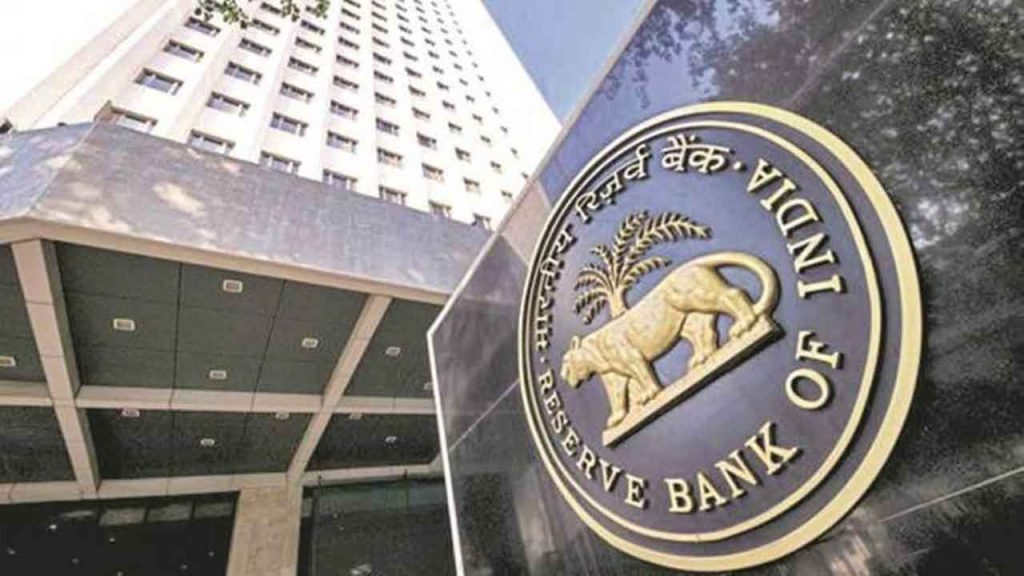RBI Tax Savings bonds – The Government of India offers bonds from time to time in order to finance public welfare programs, raise economic activity, and assist people in participating in the nation’s progress. Savings bonds are often regarded as stable and reliable assets since they are backed by the state. Such bonds further demonstrate citizens’ confidence in their democracy, the future of their society, and the essence of the economy. The government has previously sold a variety of various savings bonds. An average rate of return on investment is normally seen in savings bonds.
Who can invest in RBI Tax Savings Bonds?

The following entities are permitted to purchase the bonds, as per the notice.
- An Indian resident
- HUF
- A Charitable Institution
It should also be remembered that a single current holder, i.e. an actual person who owns the bonds, will designate another person or individuals who would be eligible to possession as well as any interest due on the bond in the circumstance of their demise. This would be achieved using the 7.75% 7-year taxable bond form “B.”
The securities will be sold at par, or at 100%, which means that the bond would be for the same price which has been paid. The bonds would be sold in denominations ranging from 1000 INR to multiples of 1000 INR. As a result, the initial investment cap is 1000 INR, with no overall investment limit.
Although people may name someone to whom the possession of the bond would move in the event of death, bonds cannot be passed to another body while the bondholder is still alive. This is due to the fact that the bond would not be a tradable asset or security that can be purchased or sold on the stock exchange. As a result, the bond cannot be utilized as collateral in banks, investment institutions, or non-banking financial companies (NBFCs).
The 7.75 percent 7 years (taxable) savings bond is incredibly simple to obtain since the deposit value is as low as 1000 INR and the process is extremely simple. It is also a flexible approach to liquidity issues, with the choice of either cumulative or non-cumulative investment forms. Furthermore, with a return on investment of 7.75 percent, it is on par with, if not higher than, any other fixed deposit interest rates present in the economy or in private sector banks currently. It is a secure and healthy choice that provides a consistent return on investment.
Although the bond isn’t really free from income tax, it is not subject to wealth tax, so the choice of nomination remains available for those that need it, including senior citizens. Broadly speaking, this bond is an exceedingly healthy and profitable choice for those looking to save money while earning a higher rate of interest than what would be present in today’s volatile economy.



